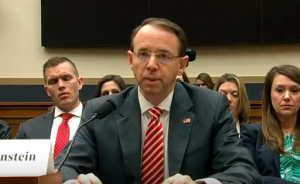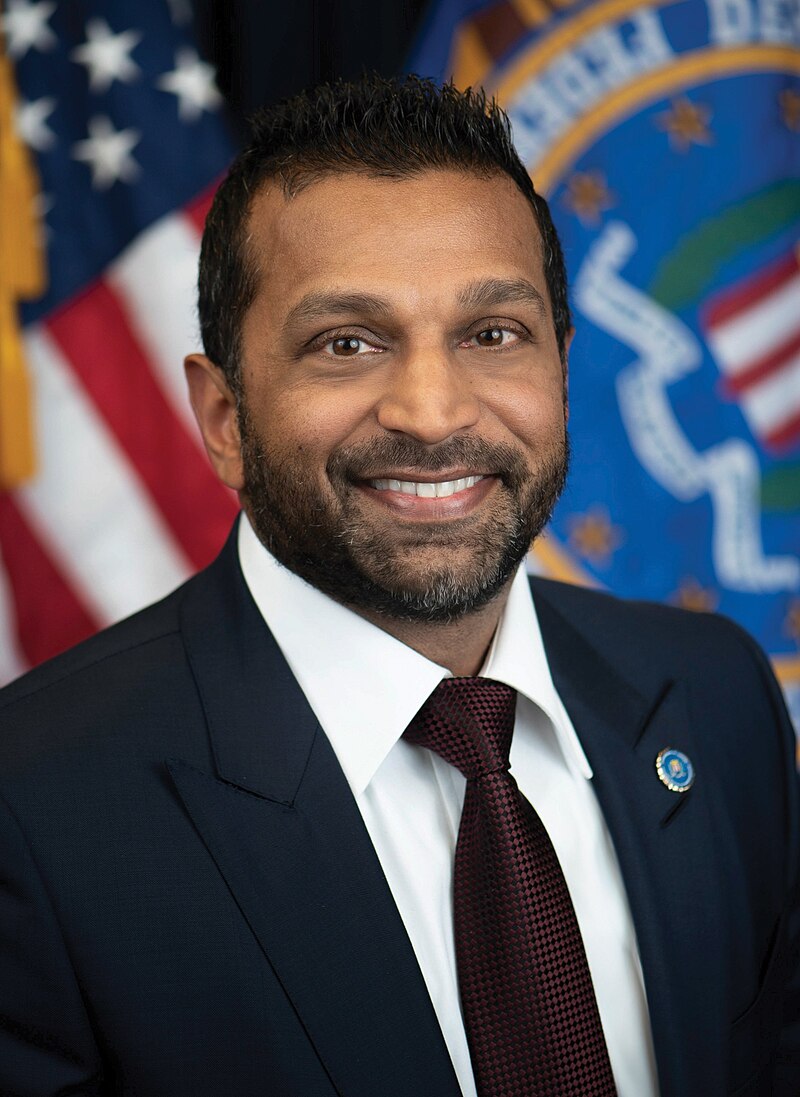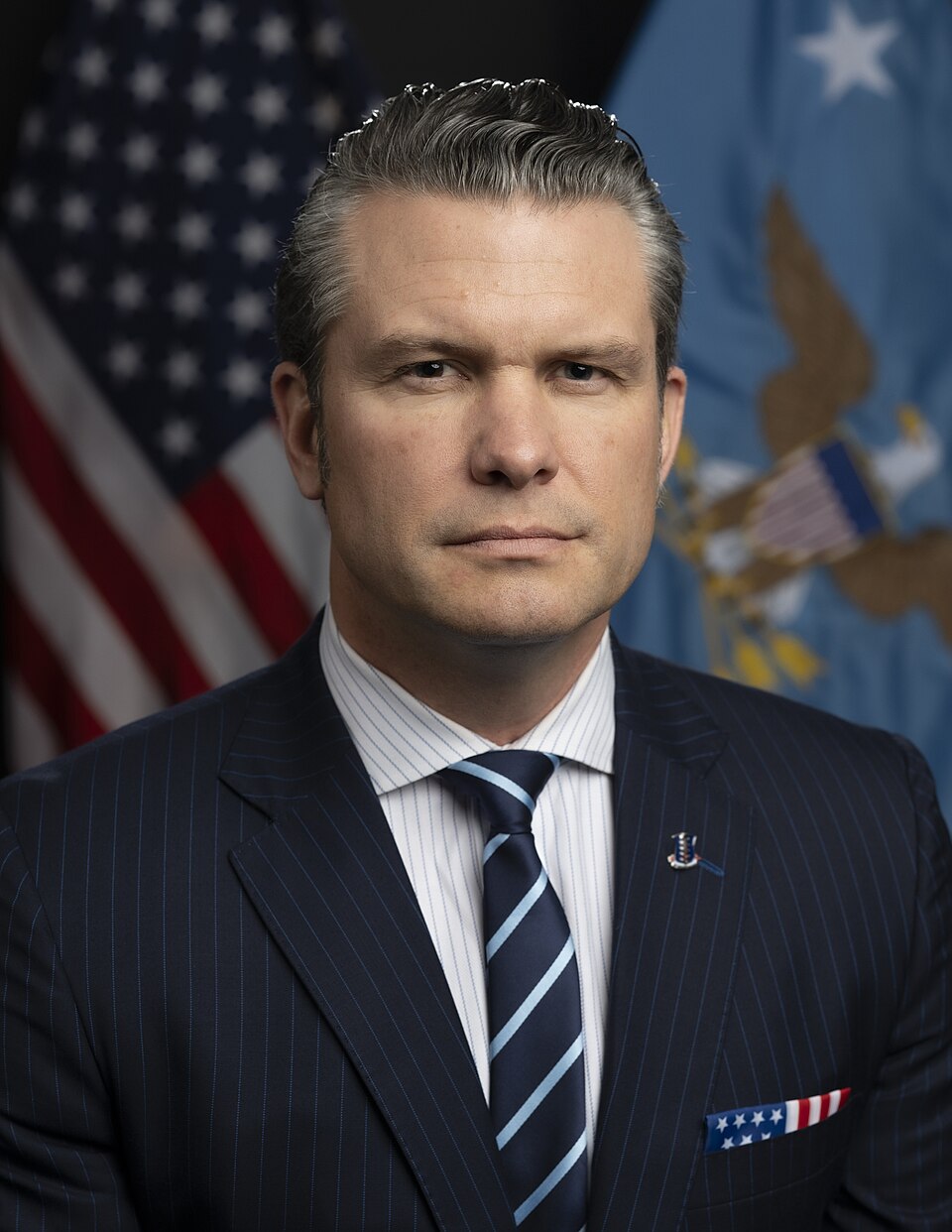
By Steve Neavling
Ticklethewire.com
The potential departure of Deputy Attorney General Rod Rosenstein has raised legal questions over who would succeed him and oversee the special counsel investigation of Russia.
With Rosenstein in charge of the Robert Mueller investigation, a lot is at stake.
Legal experts say President Trump likely has two options if he fires Rosenstein, who has come under fire following reports that he suggested secretly recording Trump and invoking the 25th Amendment to remove him from office.
Under a federal law about the order of succession, Solicitor General Noel Francisco would be the next in line to replace Rosenstein. But Francisco may recuse himself because he worked for Jones Day, a law firm that has represented Trump’s campaign. Next in line is Steven Engel, the head of the Justice Department.
But another law, the Vacancies Act, could give Trump more options because it gives the president the authority to temporarily fill executive positions with acting officers, according to the Wall Street Journal.
The Wall Street Journal reports:
But if invoked, the Vacancies Act could open the field—at least on a temporary basis—to a much larger pool of potential successors. The list could include other Senate-confirmed Trump administration officials in and outside the Justice Department. It could also include senior Justice Department officers who haven’t gone through Senate confirmation but have served in the agency for at least 90 days and have attained the highest-level pay grade.
While the Vacancies Act could give Mr. Trump more flexibility, it’s a more legally uncertain path. For one, it’s not clear if the Vacancies Act could be used to replace Mr. Rosenstein if he is fired.
Under the law, a vacancy arises when a relevant officer “dies, resigns, or is otherwise unable to perform the functions and duties of the office.” Legal experts disagree about whether getting fired constitutes being “otherwise unable to perform the functions and duties of the office.” A 1999 Office of Legal Counsel memo—citing Senate floor debate—suggests that a firing would count. The issue would likely be litigated.





